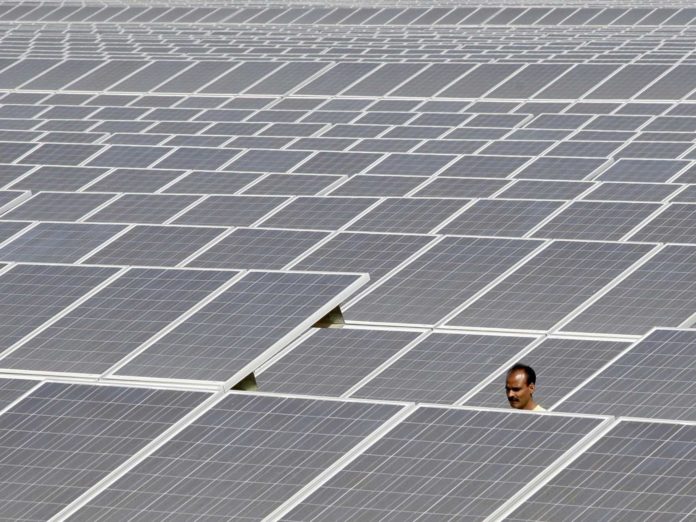
The Indian government has predicted that it will exceed the renewable energy target that was set in Paris last year by nearly half and it has also predicted that it will be three years ahead of schedule. This forecast also reflects that the investment by private sectors in Indian renewable energy project has also increased in the past few years.
Japan’s Softbank has committed to invest $20bn in the Indian solar energy sector, in conjunction with Taiwanese company Foxconn and Indian business group Bharti Enterprises.
The draft, national electricity plan also indicated that no new coal-fired power stations were likely to be required to meet Indian energy needs until at least 2027.
Earlier India has taken projects related to renewable energy resource to provide the country with green fuel and create a better pollution-free atmosphere. India’s energy minister, Piyush Goyal, has been appealing to wealthier nations to provide capital to invest in renewable energy projects to help the country reach and exceed the targets agreed in Paris in November 2015.
India is considered as a electricity hungry country, but it has always tried to shift from
non-renewable energy resources towards the renewable energy resource and for that it has undergone the project to build the world’s largest solar plant worth $4.4 billion in the year of 2014.
This will create huge competition among the various electricity providers in the country and this can be the reason for providing the green and cheap energy to the country. Since 2010, India has hiked installed solar power capacity from a meagre 17.8 megawatts to more than 2,000MW.
Adani opened the world’s largest solar plant in Tamil Nadu earlier this year, and in October the energy conglomerate Tata announced that it would aim to generate as much as 40% of its energy from renewable sources by 2025.
In the 2027 forecasts, India aims to generate 275 gigawatts of total renewable energy, in addition to 72GW of hydro energy and 15GW of nuclear energy. Nearly 100GW would come from “other zero emission” sources.
But, with these advancements in the field of renewable energy resource will largely wreck about 50GW of coal power projects being developed in India.



























[…] The Indian government predicted it will exceed the renewable energy target set in Paris last year by nearly half and it also predicted that it will be three years ahead of schedule. This forecast also reflects that the investment by private sectors in Indian renewable energy project has also increased in the past few years. [ScrollToday News] […]